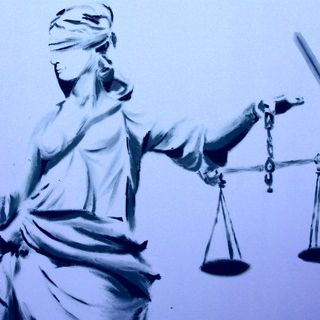
NCERT Textbook Updates Conflate Indian With Hindu
Changes to books for Classes 6 to 10 raise questions about political meddling.

A review of 25 newly updated NCERT textbooks by The Indian Express reveals changes aimed at including more “ancient Indian knowledge, tradition and practices.”
More accurately, the changes to the History, Science, Political Science, English and Geography textbooks for use by Classes 6 to 10 increase coverage of ancient Hindu philosophy and practices, paying unabashed homage to Ayurveda, yoga (“an invaluable gift of the ancient Indian tradition” — Class 6 Science book), the teachings of Upanishads and smritis, and ancient Hindu contributions to sciences like astronomy and metallurgy. (And, no doubt, cosmetic surgery.)
The National Council of Educational Research and Training is ostensibly an independent government think tank that advises the Centre on matters of education, develops textbooks and curriculum, disseminates best practices and trains teachers. However, given the politically biased nature of these recent textbook updates — the first since 2007 — it’s reasonable to question the actual level of autonomy NCERT enjoys. In fact, comments by HRD Minister Prakash Javadekar suggest there’s no longer any question of independence. As The Indian Express reports, “Speaking at a lecture series organised by IGNOU and the Sangh-backed Bhartiya Shikshan Mandal in August last year, HRD Minister Prakash Javadekar had mentioned that NCERT will work on giving students a better understanding of Bharat and its ‘glorious past.’
‘We will replicate such courses with NCERT because we think our true identity begins with the identity of our nation.'”
This move is a patent victory lap for the BJP and the Hindutva ideology that underpins it. What other explanation could there be for the inclusion of Hindu mythology in the new Class 8 Science book: “According to ancient mythology the seven sages who form the Saptarshi, preserve the eternal knowledge of Vedas and explain it to people in every new age.” Or this update to a Class 6 History book, which introduces the six schools of Indian philosophy (Vaishesika, Nyaya, Samkhya, Yoga, Purva Mimansa and Vedanta or Uttara Mimansa) with no note that these six specifically Hindu schools of thought are far from encompassing the full panoply of India’s richly multicultural philosophical history. Sufism, for example, isn’t a school of Indian philosophy?
School books should be updated regularly, if for no other reason than to assist the next generation to hold a critical lens to our collective past and present. That’s not what these changes accomplish; instead, they seek to glorify the Vedic age, and through it, Hinduism. There’s nothing wrong with couching these updates as part of India’s cultural past — they are. But to cast Hinduism as India’s national identity, as these changes do, is a mistake and a lie that will have an outsized and distorting impact — which is perhaps the intent; last year, the government handed down a directive that CBSE schools were only to use NCERT textbooks going forward, following up this year with a warning to schools that sell other textbooks in their school shops.
An NCERT official notes that the updates made to these textbooks were sourced, “per the public feedback received by the Council.” No doubt the same public that voted 93% in favor of demonitisation — via the Narendra Modi App. If there’s any lesson for children in these books, it’s that history is (re)written by the winners.
Related:
Liesl Goecker is The Swaddle's managing editor.
Related


Pregnant Woman Barred From Taking Law Exam
